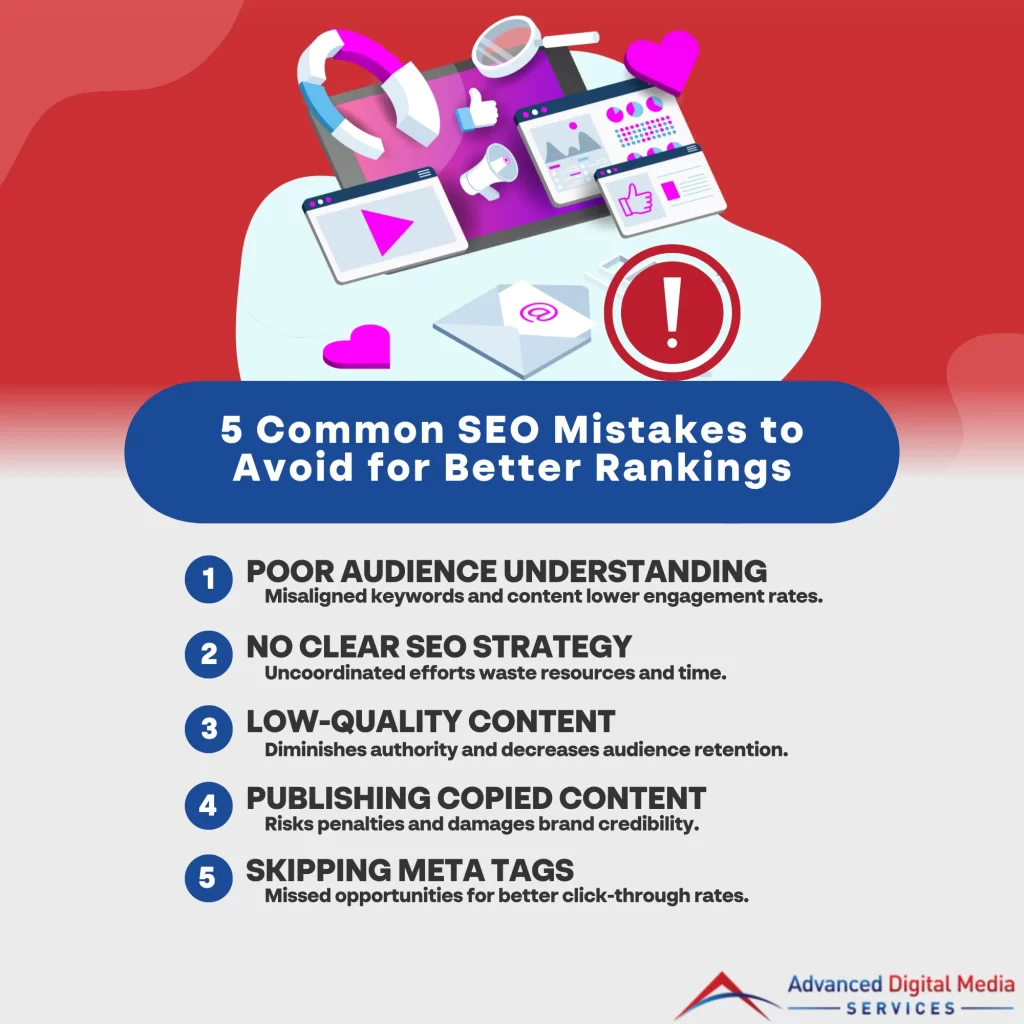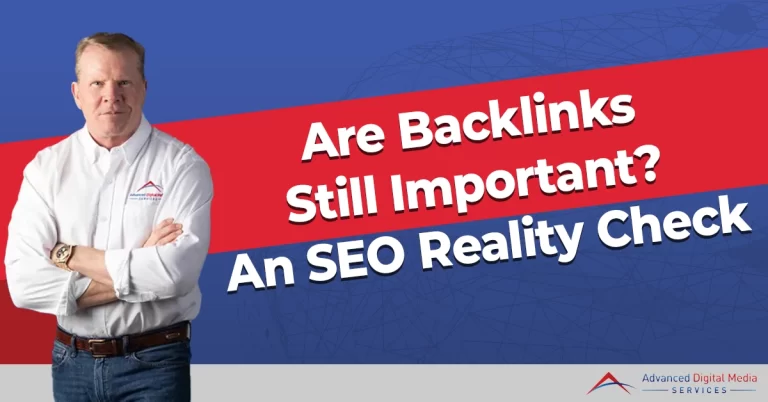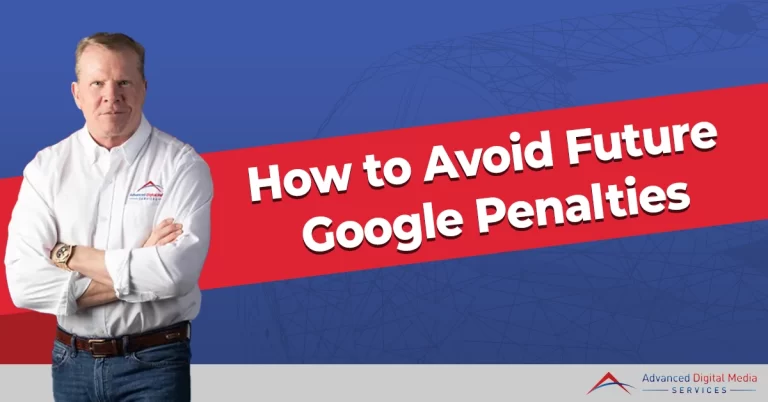Are you making frequent SEO mistakes that are hurting your rankings? Let’s find out. A poor understanding of your target audience can lead to ineffective keyword choices. Without a solid SEO strategy, you risk wasting time and resources on uncoordinated efforts. Failing to produce quality content diminishes engagement and authority. Publishing copied content not only risks penalties but also harms your credibility. Finally, skipping meta tags can cause lost visibility and lower click-through rates. Each mistake compounds the impact on your growth. To elevate your SEO strategy, consider exploring effective solutions that can boost your online presence.

Key Takeaways
- Failing to understand your target audience leads to poor keyword selection and low engagement rates.
- Lacking a clear SEO strategy wastes resources and hinders content effectiveness.
- Publishing low-quality content diminishes user engagement and authority in your niche.
- Replicating content risks penalties and undermines your brand’s credibility and trust.
- Neglecting meta tags reduces site visibility and opportunities for higher click-through rates.
A Poor Understanding of Your Target Audience
A significant number of businesses falter in their SEO efforts due to a poor understanding of their target audience. When you fail to identify who your audience is, you miss the mark on keyword selection, content creation, and overall strategy. This misalignment can lead to low engagement rates, high bounce rates, and ultimately, diminished search rankings.
To succeed in SEO, you need to invest time in researching your audience’s demographics, preferences, and behaviors. Utilize tools like Google Analytics and surveys to gather data, helping you create targeted content that resonates with your audience. This approach not only improves your rankings but also cultivatesuser engagement, increasing the likelihood of conversions.
Segmenting your audience can also elevateyour strategy. By tailoring your messaging to specific groups, you’ll address unique pain points and needs. This level of personalization can set you apart from competitors who adopt a one-size-fits-all approach.
Lack of An SEO Strategy and The Roadmap to Achieve It
Understanding your target audience lays the groundwork for a successful SEO strategy, yet many businesses still lack a clear roadmap to achieve their goals. Without a well-defined plan, it’s easy to veer off course, wasting time and resources.
Start by setting specific, measurable objectives that align with your overall business goals. This clarity will guide your keyword research, content creation, and optimization efforts.
Next, conduct a thorough analysis of your competitors. Identify their strengths and weaknesses to carve out your unique positioning. This insight helps you prioritize which keywords to target and what gaps to fill in your content.
Once you’ve established your objectives and competitive landscape, develop a content calendar. This guarantees you consistently produce relevant and valuable content that connectswith your audience.
Lack of Quality Content on the Site
Quality content serves as the backbone of any effective SEO strategy, yet many websites falter by neglecting this critical component. Without high-quality content, your site risks losing visibility and authority in search results.
Here are some key aspects to reflect upon:
- Engagement: Quality content captures your audience’s attention, encouraging them to stay longer on your site.
- Relevance: Content that aligns with user intent increases the likelihood of conversions and repeat visits.
- Authority: Well-researched and informative content builds trust and establishes you as an industry leader.
- Keywords: Quality content naturally incorporates relevant keywords, improving your chances of ranking higher.
- Shareability: Engaging content is more likely to be shared on social media, driving additional traffic and backlinks.
Focusing on producing quality content not only boostsyour SEO efforts but also cultivatesa loyal audience.
Remember, your users are looking for value. If you deliver it through insightful and well-crafted content, you’ll see a positive impact on your rankings and overall site performance.
Don’t overlook this crucial aspect; it’s pivotalfor your SEO success.
Publishing Copied Content
Publishing copied content can severely undermine your website’s SEO efforts and credibility. When you replicate someone else’s material, search engines can penalize your site, resulting in lower rankings or even removal from search results. This is because original content is vitalfor establishing authority and trustworthiness in your niche.
You must prioritize creating unique, high-quality content that provides value to your audience. When you publish original material, you not only enhance user experience but also signal to search engines that your site is a credible source of information. This can improve your search rankings and drive organic traffic.
Copying content can also damage your brand’s reputation. Users may perceive your business as untrustworthy or lazy, leading to decreased engagement and potential loss of customers. Instead of playing it safe by borrowing ideas, focus on innovative approaches tailored to your audience’s needs.
Investing time in content creation pays off in the long run. By consistently offering unique insights and perspectives, you build a loyal following and improve your site’s SEO health.
Avoid the pitfalls of copied content and commit to originality for sustainable growth.
Skipping Meta Tags
Neglecting meta tags is a common oversight that can greatly hinder your SEO efforts. Meta tags, particularly the title and description tags, play a critical role in how search engines understand your content. When you skip these essential elements, you miss opportunities to optimize your site’s visibility.
Here are key reasons to prioritize meta tags:
- Improved Click-Through Rate (CTR): Well-crafted titles and descriptions entice users to click on your link over others.
- Increased Relevance: Search engines utilize meta tags to assess the relevance of your page to specific queries.
- Keyword Optimization: Including target keywords in your meta tags boosts your chances of ranking higher for those terms.
- User Experience: Clear and informative meta descriptions help users understand what to expect, improving their overall experience.
- Social Sharing: Meta tags can influence how your content appears when shared on social media, affecting engagement levels.
Frequently Asked Questions
How Does Site Speed Affect SEO Rankings?
Site speed’s essential—if it lags, users bounce, search engines notice, and your rankings plummet. Optimize speed, and you’ll boost user experience and climb those search results!
What Role Do Backlinks Play in SEO Success?
Backlinks greatly enhance your SEO success by boosting authority and credibility. When you acquire quality backlinks, you increase your chances of ranking higher in search results, driving more organic traffic to your site.
Can Social Media Impact My SEO Efforts?
Social media amplifies your brand’s visibility, driving traffic to your site. Engage your audience there, and watch your SEO efforts flourish through increased organic interest and credibility.
How Often Should I Update My Website Content?
You should update your website content regularly—ideally every few weeks. Fresh, relevant content keeps visitors engaged, improves search rankings, and signals to search engines that your site is active and valuable.
What Are the Best Tools for Tracking SEO Performance?
To track SEO performance effectively, you should use tools like Google Analytics, SEMrush, and Ahrefs. These platforms provide in-depth insights, helping you analyze traffic, keyword rankings, and overall website performance for strategic improvements.
Conclusion
In the vast ocean of digital marketing, steering through the waters of SEO can feel like sailing without a compass. By avoiding these common pitfalls—like not knowing your audience or neglecting quality content—you can guide your ship toward clearer skies. Each mistake is a hidden reef, waiting to snag the unwary. By charting a strategic course and addressing these errors, you’ll not only boost your rankings but also guarantee a smoother journey through the competitive online landscape.






